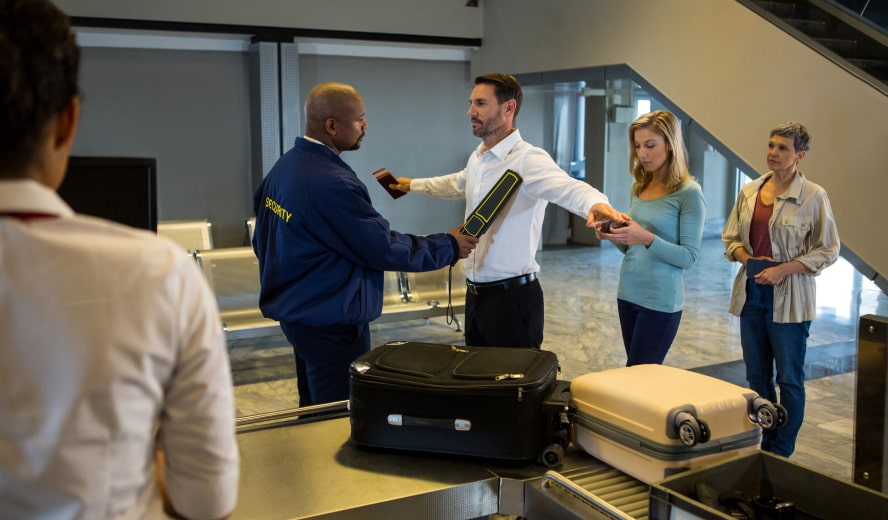Motorcycling in Mexico:
Best Tips to Enjoy Your Trip Motorcycling in Mexico can be one of the best ways to travel throughout the country. In this guide, we’ll be exploring the different areas we think you’ll enjoy the most. We’ll also be discussing the various barriers you may experience along the way. So if you’d like to discover more about the joys to be had when motorcycling in Mexico, read on!
Safety On the Bike & Off:
the Bike Safety when riding your motorcycle is always of the utmost importance. As a motorcyclist who became licensed, you’re probably aware of the “rules of the road” and we’re sure you’ll abide by these rules when you travel to Mexico as well. With this being said, there are certain aspects of motorcycling in Mexico one has to look out for in order to have the best time possible during their journey.
Additionally, if you apply common sense safety practices to your trip when you’re riding your motorcycle, you’ll be better suited for your travels. This means avoiding crime-ridden areas, riding your bike at night, and going with your gut. You’ll also want to be extra careful for large potholes which may seemingly come out of nowhere. Mexico has some great roads for riding, but they’re also known for their occasional large pothole.

Crossing the Border the Right Way

Passport

Mexico-Specific Motorcycle Insurance

Mexican Currency
It’s always a good idea to keep a few hundred dollars in cash equivalent to the local currency. In this case, it’s Mexican Pesos. Cash is still king in Mexico and it could save you when you need it most. Say for instance, you experience a flat tire and need to buy a new tire down the road from a local mom & pop repair shop. They’re most likely going to be cash-only and this is where that few hundred dollars equivalent in pesos could be of great assistance.
Outside of Baja? You’ll Most Likely Need a Permit If you’re planning on taking a journey throughout the entirety of Mexico, or even outside of the Baja Peninsula; you’ll most likely need a special permit known as a “temporary vehicle import permit” More information can be found here:
https://www.bajabound.com/before/permits/vehicle
So Where Should You Go? This is a great question! It’s completely up to you. Read below to learn more about some of our favorite motorcycling destinations throughout Mexico.
Rosarito
This area is quite close to Tijuana and full of cool restaurants, activities, and a scenic drive down the coast.
San Felipe
This ride is a great blend of both scenic coastline and dry desert. In addition to its contrasting scenery, it’s about 120 miles long from the border area in Mexicali. This is great for those who want to have a longer, relaxing ride into a sleepy beach town.
Puerto Nuevo
This town is known for its lobster and seafood across the board. If you’re a lover of fresh fish, you’ll certainly enjoy what Puerto Nuevo has to offer. It’s also a very nice drive.
Valle de Guadalupe & Ensenada
There are two major routes for this destination. You can either cut through the mountains from San Felipe, or you can do the coastal ride all the way from Tijuana.
Important Information to Remember Below are some additional, general reminders regarding traveling to Mexico via motorcycle.
Maintain an Appropriate Amount of Gas in Your Tank Depending on your motorcycle, you may have a larger tank, or a small tank. It’s best to know our bike’s gas mileage performance before partaking in an epic journey throughout Mexico. Always prepare for a lack of gas stations if you’re outside of major cities or tourist areas; epically if you’ve never been to the area you’re traveling through.
Toll Roads
It’s good to have some portion of your pesos be in smaller bills to pay for toll booths. Toll roads are generally just a dollar per motorcycle.

Military Checkpoints
There will be military checkpoints throughout Mexico if you travel far enough. Some are legitimate, others aren’t. If you have a weird feeling about the individuals at the checkpoint as you approach, it may be best to avoid said checkpoint and find an alternative route. Most often, the legitimate checkpoints will have full-scale military vehicles with officers dressed in full gear with weaponry. As for the fake checkpoints, they’ll most likely consist of plain-clothed individuals with weaponry and pickup trucks.
Potential Language Barrier
Download the Duolingo app a month or two prior to your motorcycle excursion to learn some basic Spanish words and phrases. It may help you out more than you think.
Choosing battleface for Your Motorcycle Trip’s Travel Insurance Motorcycling throughout Mexico, either individually, or with a group of friends can be a trip of a lifetime! With this being said, we want to help protect you and your friends with our excellent travel insurance policies. Feel free to request a quote using the form below and let us know if you have any questions along the way!
